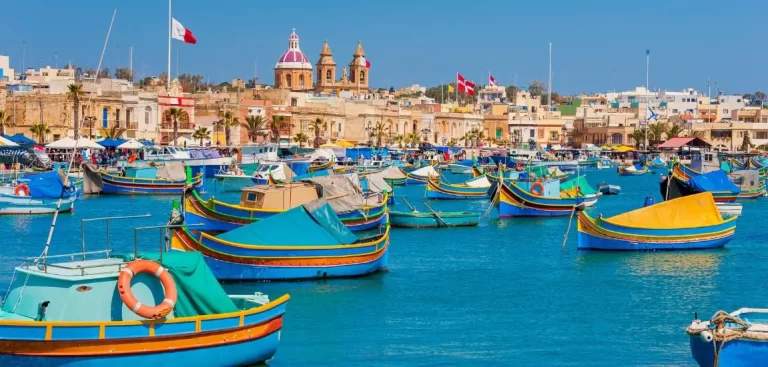Rethinking Travel Industry Terminology for Modern Dynamics

Your observations highlight the dynamic nature of the travel industry and the need for a shift in terminology to better reflect the current landscape. The evolution of technology and changes in consumer behavior have indeed blurred traditional boundaries, making it challenging to categorize travel providers into distinct silos. Here are some key points based on your commentary:

- Changing Roles and Capabilities:

- Traditional labels like OTA, tour operator, and travel agent may not accurately capture the diversity of services and business models in today’s travel industry.
-
- Many travel entities now operate online, offer a range of services, and leverage technology for both awareness and transactions.
- Emergence of Hybrid Models:

- The distinctions between OTA, tour operators, and travel agents have become less clear, with many adopting hybrid models that combine elements of each.
- The availability of add-ons and services has transformed the receptive tour operator model, making it more adaptable to new market dynamics.
- Size and Revenue:

- Small travel agencies have grown into multimillion-dollar businesses, challenging the traditional perception of travel agencies as small, local entities.
- High-performing travel agencies may question the necessity of purchasing through wholesalers, especially when they outpace other market players.
- Transparency and Attribution:

Businessman working with holographic augmented reality (AR) screen technology to analyze business analytics key performance indicator and charts on financial dashboard, fintech concept 
- There’s a need for greater transparency in assessing the performance of different channels within a travel business.
- Attribution models may not always accurately represent the contributions of various channels, and recognizing the value of storytelling and social media is crucial.
- Industry Perception and Decision-Making:

- The use of outdated terminology can lead to misconceptions, particularly when selling programs to entities like CVBs and government tourism bodies.
- Decision-makers may benefit from a more accurate understanding of the roles and capabilities of different travel providers.
- Innovation and Strategic Alignment:
 Outdated labels may hinder innovation by preventing a clear understanding of the evolving landscape and discouraging alignment with consumer preferences.
Outdated labels may hinder innovation by preventing a clear understanding of the evolving landscape and discouraging alignment with consumer preferences.-
- Acknowledging the current diversity in the industry could lead to more strategic and informed decision-making.
In conclusion, it seems reasonable to advocate for a more nuanced and flexible approach to terminology in the travel industry. Recognizing the convergence of services and business models could facilitate a better understanding of the roles each provider plays in the modern travel ecosystem. This acknowledgment may help industry stakeholders make more informed decisions that align with current market dynamics and consumer expectations.




 Outdated labels may hinder innovation by preventing a clear understanding of the evolving landscape and discouraging alignment with consumer preferences.
Outdated labels may hinder innovation by preventing a clear understanding of the evolving landscape and discouraging alignment with consumer preferences.





